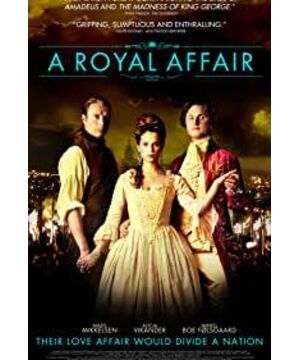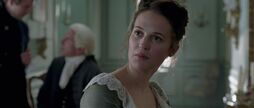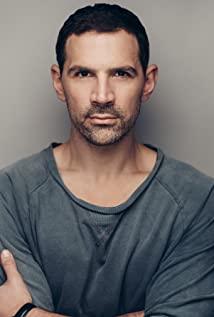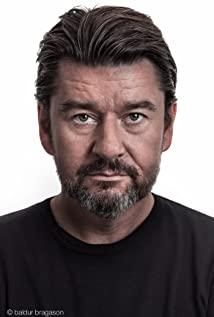The weather was a bit cold and the wind was blowing while watching the film. I thought it was some kind of erotic drama between a beautiful woman and an uncle, so Meimei sat down and watched while eating. As a result, it backfired, and was repeatedly interrupted by the cold style of Northern Europe and the delicate performances of the actors, and I didn't finish the meal after watching it. Originally, I felt that the rhythm was really slow, but the acting skills of the actors made me stop and savor it many times. The narrative technique of the film is very Nordic, simple, cold and delicate. The reformation of the protagonist is doomed to fail, not because he has become a queen, but because he is single-handedly, or a pure romantic who thinks that the theory of enlightenment can change the country. In the end, he stepped on the guillotine on the blood of his companions, and even fell. The whole process of sacrifice did not have some heroic smiles like I laughed from the horizontal knife to the sky, only non-stop tears and snot. This grim treatment of reality is convincing, and while the protagonist's intentions are well-intentioned, it takes more than Voltaire's books and letters to change the country. The protagonist died because of romantic reforms and because he fell in love with the queen as romantically as Lancelot. He was moved by such a romantic Nordic history.
But there is a question. Enlightenment is the name given by later generations to the current trend of thought at that time. Did the people at that time know that they were in the era of the Enlightenment? Just like the Renaissance, no one would say in the Renaissance era that this was the idea of the Renaissance. In the same way, would Enlightenmentists directly say, what should Enlightenment thought be like? Ask for identification.
View more about
A Royal Affair reviews











